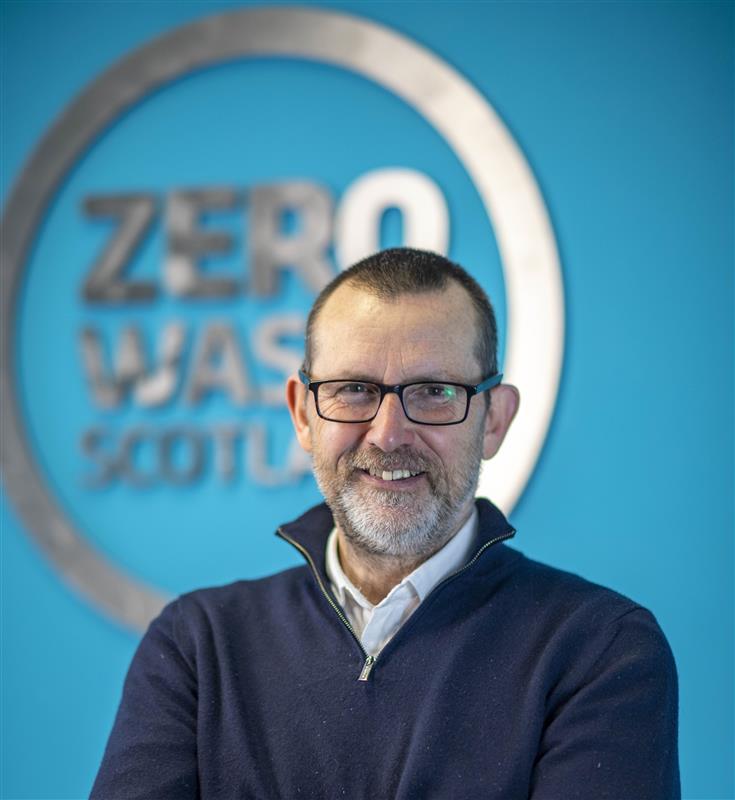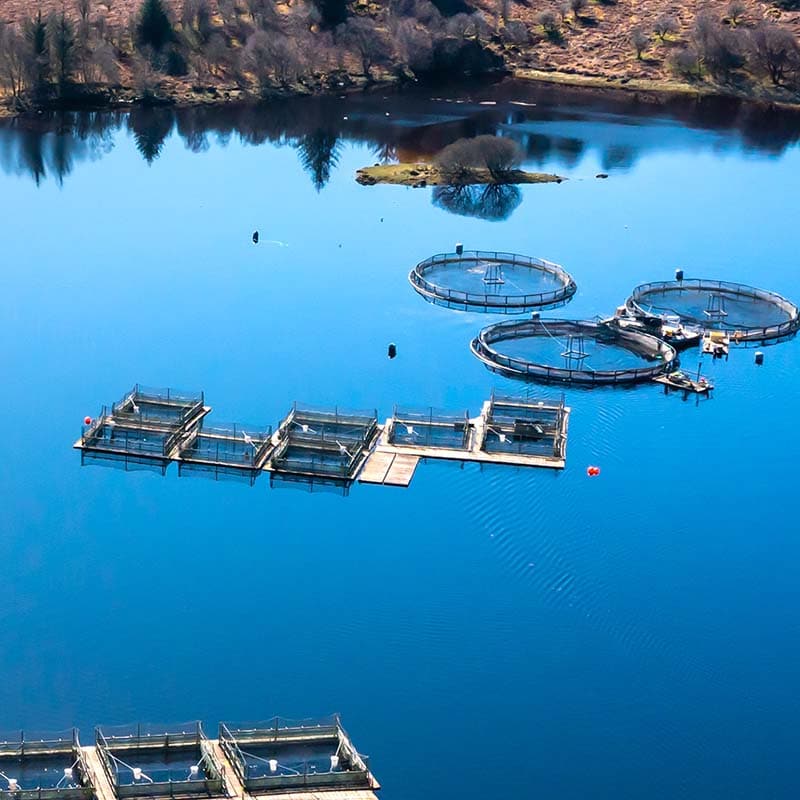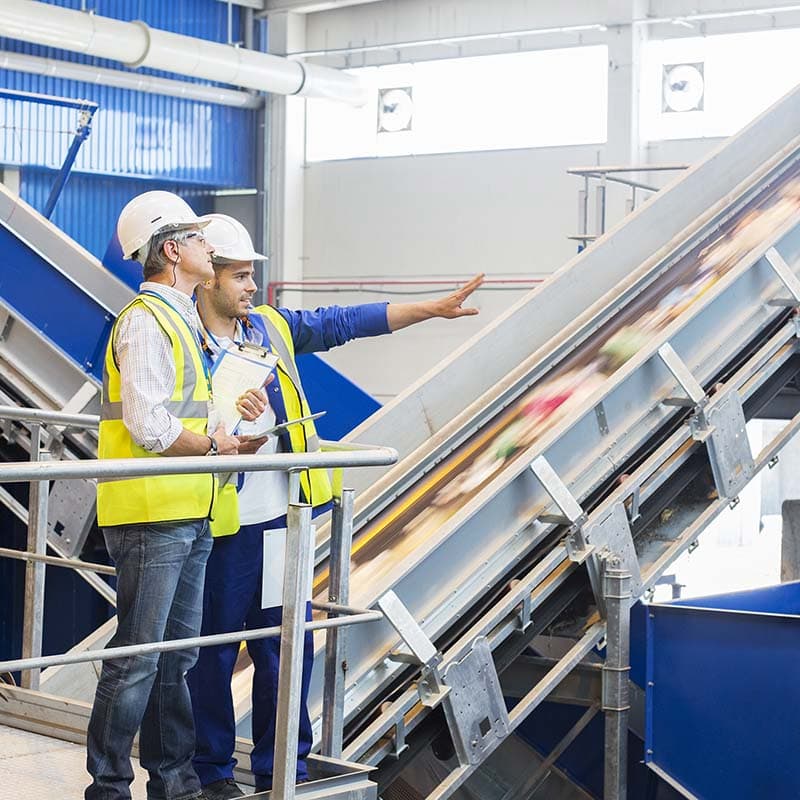
Measuring Scotland’s progress towards a circular economy
Scotland stands at the forefront of the battle against the climate crisis, recognising that the production, consumption, and wastage of goods, services, and materials contribute significantly to carbon emissions.
In response, the Scottish Government unveiled the visionary strategy, "Making Things Last," outlining the advantages of a circular economy. To achieve this ambitious transition swiftly and successfully, it is crucial to measure the impact of our actions accurately. Commissioned by Zero Waste Scotland, our preliminary scoping study on key indicators assesses the value of existing metrics and charts a course for measuring and driving progress towards a circular economy while reducing carbon emissions.
The study identified that the existing metrics largely focus on end-of-life impacts, failing to capture the full carbon footprint across the supply chain. To address this, the report highlights the need for comprehensive measurements that encompass the entire lifecycle of materials, from extraction to disposal. Recognizing the complexity of this task, the study proposes a range of metrics to be collectively employed. Notably, the establishment of a Scottish material flows account will provide valuable insights into material consumption, while Scotland's Carbon Footprint dataset will illuminate the global impact of our carbon emissions. By combining and refining these datasets, we can identify effective strategies to significantly reduce Scotland's carbon footprint, aligning with the Scottish Government's target to end our contribution to climate change by 2045.
Objectives of the Study: Informing Metrics, Policy, and the Future of the Circular Economy
In our rapidly changing world, harnessing the power of data is paramount. By capturing and analyzing relevant data effectively, we can assess performance, inform decision-making, and propel the circular economy forward. Our study's objectives encompass three critical areas:
- Supporting Zero Waste Scotland: We aim to assist Zero Waste Scotland in developing a robust monitoring and evaluation framework, enhancing the evidence base for the transition to a circular economy. By comprehensively reviewing metrics and models currently in use, we can assess their strengths, weaknesses, data requirements, and applicability within the Scottish context.
- Building an Evidence Base: We undertake a comprehensive examination of a wide range of metrics and models, evaluating their suitability for Scotland's specific policy framework and ambitions. This analysis encompasses understanding data availability, requirements, and the strengths and weaknesses of existing metrics. Our findings will provide an evidence base to guide the selection of metrics that will facilitate Scotland's transition to a circular economy.
- Identifying Suitable Metrics: By evaluating various metrics and models, we aim to identify a suite of metrics that can effectively support Scotland's journey towards a circular economy. These metrics will play a crucial role in measuring progress, driving behavioural change, and aligning with existing and future policy objectives. We will consider their cost implications and impact on organizations involved in data collection, reporting, and analysis.
As we forge ahead, we must consider not only the present but also future possibilities. Horizon-gazing allows us to anticipate societal, economic, and environmental shifts that could shape the circular economy. Our analysis will explore emerging data sources and systems, such as the Internet of Things (IoT), Quick Response (QR) codes, blockchain, and artificial intelligence, which hold the potential for assessing the suitability of secondary materials.
This report represents a vital step towards achieving a truly circular economy in Scotland, one that reduces waste and carbon emissions, mitigating the climate crisis. Success in this endeavour will be instrumental in ensuring that Scotland attains the Scottish Government's ambitious goal of ending our contribution to climate change by 2045.







